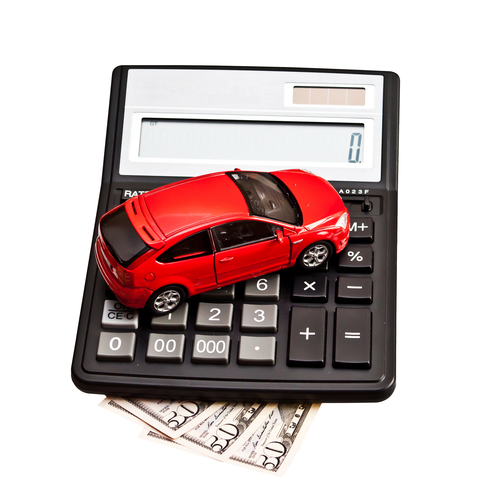Car repairs seem to pop up out of the blue and ransack our savings. If you are proactive and plan for a car repair as though it is an inevitability, it won’t be so devastating. Yet budgeting for a car repair is a bit challenging. After all, you have no idea what will eventually go wrong with your car and how much it will cost.
Budgeting for a Car Repair: It Depends on Your Car
 The type of car you own plays a large part in determining how much you should budget for a repair. The cost of parts and labor differs according to vehicle manufacturer. As an example, a Land Rover will likely prove more expensive to fix than a Honda Accord. Many people claim Nissan parts are particularly expensive. Parts for high-end vehicles made by Lexus, BMW, Audi etc. usually cost more than vehicles at the lower end of the price spectrum.
The type of car you own plays a large part in determining how much you should budget for a repair. The cost of parts and labor differs according to vehicle manufacturer. As an example, a Land Rover will likely prove more expensive to fix than a Honda Accord. Many people claim Nissan parts are particularly expensive. Parts for high-end vehicles made by Lexus, BMW, Audi etc. usually cost more than vehicles at the lower end of the price spectrum.
The majority of mechanics are extraordinarily familiar with Chevys so labor rates will be comparably low for these popular vehicles. Expensive luxury vehicles require a highly trained technician who will undoubtedly charge a premium. This is precisely why it is so difficult to provide automobile owners with a single dollar figure that should be budgeted in for a car repair.
Start With an Emergency Fund
Create an emergency fund as soon as you buy a vehicle. In general, this fund should contain about five percent of the vehicle’s value. Figure out what this figure is and devote a percentage of your weekly paycheck to the emergency fund over the next weeks and months. This way, you will have enough money saved to cover a surprise repair.
If a problem arises and drains your emergency fund, don’t let that account sit with a zero balance. Re-dedicate a portion of your weekly wages to replenish this fund in a timely manner.
Consider Past Costs
One of the best ways to predict the cost of a car repair is to consider the cost of prior repairs. Take a look at your car repair bills and determine a monthly repair cost average. Armed with this figure, you will know exactly how much you should set aside for future repairs.
The only caveat to this car repair budgeting tip is vehicle age. If your history of repairs pertains to a vehicle that was brand new, you’ll have to budget in more money for a used vehicle’s potential repairs. If you own a vehicle that is older than a couple of years in age, you must resign yourself to the likelihood that repair costs will ramp upwards in the coming months and years.
Examine Last Year’s Receipts
If your repair costs were $1,000 last year, budget in more than $1,000 for the upcoming year. You don’t have to double or triple last year’s repair costs in anticipation of this year’s costs yet you should budget at least 25% more money simply because vehicles require more work as they age.
If you shelled out hundreds or thousands of dollars over the past six months or year for car repair expenses, there is an excellent chance you won’t have to spend a chunk of money in the upcoming months on even more repairs. As a result, you can budget less money than usual for the next six months as well-repaired vehicles aren’t inclined to falter in the ensuing months. Once six months have passed, you can bump up your car repair budget to the normal level as the odds of a new problem are higher than in the immediate aftermath of a successful repair. Contact us for more information.

